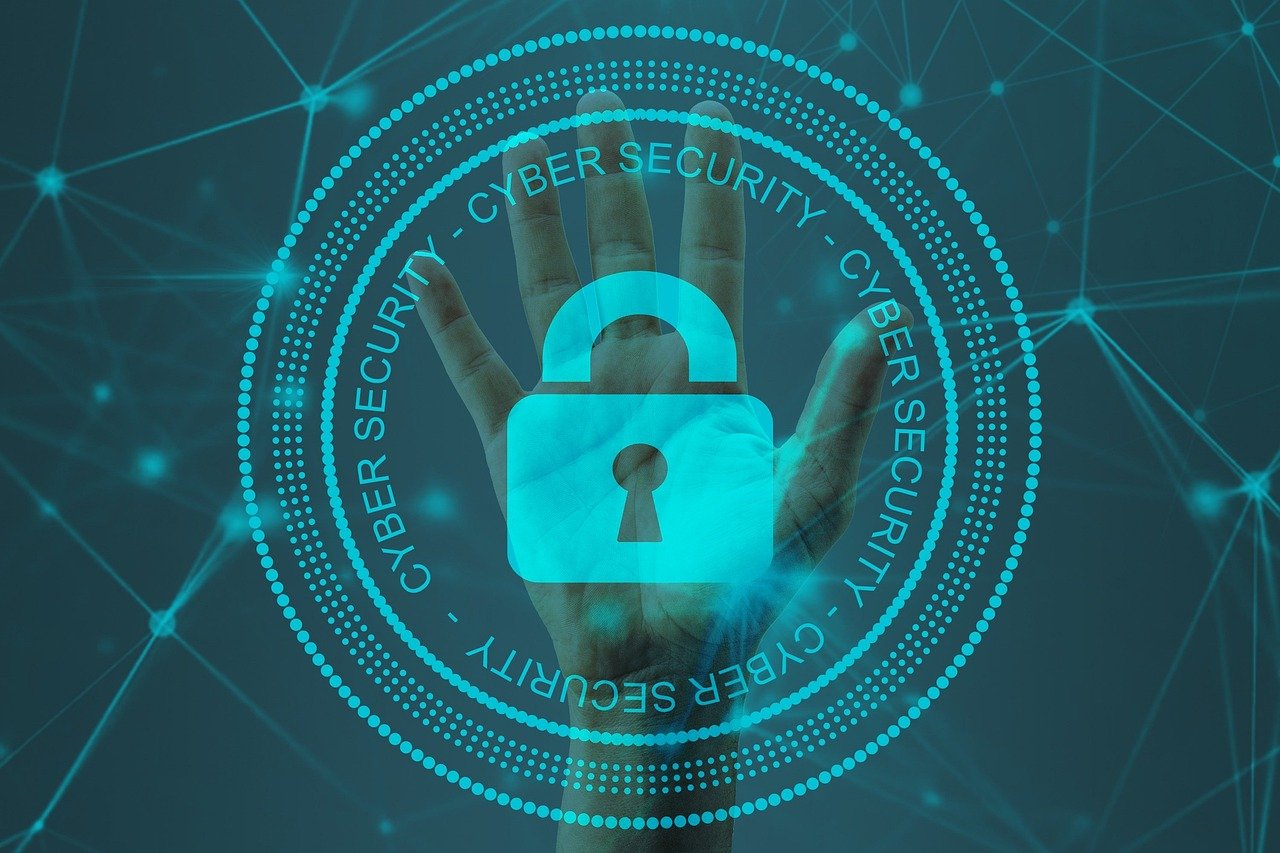Ethical hacking, often portrayed in movies as a shadowy underworld of hooded figures, is actually a critical component of modern cybersecurity. But beyond the cinematic drama lies a world of strategic thinking, technical expertise, and a deep commitment to protecting digital assets. In this post, we’ll delve into the multifaceted world of ethical hacking, exploring its principles, techniques, and vital role in securing our digital future.
What is Ethical Hacking?
Defining Ethical Hacking
Ethical hacking, also known as penetration testing or white-hat hacking, involves legally and ethically attempting to penetrate a computer system, network, or application to identify vulnerabilities and security weaknesses. Unlike malicious hackers who exploit these flaws for personal gain, ethical hackers work with the permission of the system owner to improve its security posture. Their goal is to simulate real-world attacks to uncover vulnerabilities before they can be exploited by malicious actors.
The Importance of Ethical Hacking
In today’s interconnected world, businesses and individuals alike rely heavily on digital systems for communication, commerce, and data storage. This reliance makes them increasingly vulnerable to cyberattacks. Ethical hacking plays a vital role in mitigating these risks by:
- Identifying security vulnerabilities that could be exploited by malicious actors.
- Providing recommendations for improving security measures.
- Verifying the effectiveness of existing security controls.
- Helping organizations comply with security regulations and industry standards.
- Minimizing the potential damage from cyberattacks.
The Ethical Hacker’s Code of Conduct
Ethical hackers operate under a strict code of ethics that guides their actions and ensures they are acting in the best interest of their clients. This code typically includes the following principles:
- Obtain explicit permission: Before conducting any security assessment, ethical hackers must obtain written permission from the system owner.
- Protect confidentiality: Ethical hackers must protect the confidentiality of sensitive information they encounter during their assessments.
- Report all findings: Ethical hackers must report all identified vulnerabilities to the system owner in a clear and concise manner.
- Remediate vulnerabilities (when authorized): In some cases, ethical hackers may be authorized to remediate the vulnerabilities they discover.
- Avoid causing damage: Ethical hackers must take precautions to avoid causing damage to systems during their assessments.
- Act legally: Ethical hackers must comply with all applicable laws and regulations.
Key Skills and Tools for Ethical Hackers
Essential Technical Skills
To effectively perform ethical hacking, individuals need a strong foundation in various technical areas, including:
- Networking: Understanding network protocols, topologies, and security concepts (e.g., TCP/IP, firewalls, intrusion detection systems) is crucial.
- Operating Systems: Proficiency in various operating systems, such as Windows, Linux, and macOS, is essential for identifying OS-specific vulnerabilities.
- Programming: Knowledge of programming languages like Python, JavaScript, and C++ is necessary for developing custom tools and scripts for penetration testing.
- Security Concepts: A strong understanding of security principles, such as cryptography, authentication, and authorization, is critical.
- Web Application Security: Familiarity with web application vulnerabilities, such as SQL injection, cross-site scripting (XSS), and cross-site request forgery (CSRF), is a must.
Popular Ethical Hacking Tools
Ethical hackers rely on a wide range of tools to perform their assessments. Some of the most popular tools include:
- Nmap: A powerful network scanner used for discovering hosts and services on a network.
- Wireshark: A network protocol analyzer used for capturing and analyzing network traffic.
- Metasploit: A penetration testing framework used for developing and executing exploits against target systems.
- Burp Suite: A web application security testing tool used for intercepting and manipulating web traffic.
- SQLmap: An automated SQL injection tool used for identifying and exploiting SQL injection vulnerabilities.
Practical Example: Using Nmap for Network Scanning
Nmap (Network Mapper) is an open-source security scanner used to discover hosts and services on a computer network by sending packets and analyzing the responses.
- Example: To scan a target website (e.g., example.com) to find open ports, you can use the following command in the terminal:
“`bash
nmap example.com
“`
This command will scan the target website and display a list of open ports and the services running on those ports. Ethical hackers can then investigate these open ports for potential vulnerabilities. For example, finding an outdated version of SSH running on port 22 would be a key area to explore for exploitable weaknesses. More advanced scans can also identify the operating system and version of software running on the target, further refining the search for vulnerabilities.
Common Ethical Hacking Techniques
Penetration Testing Methodologies
Ethical hackers typically follow established methodologies to conduct penetration tests. Some common methodologies include:
- OSSTMM (Open Source Security Testing Methodology Manual): A comprehensive methodology that covers a wide range of security testing techniques.
- NIST (National Institute of Standards and Technology) Cybersecurity Framework: A framework that provides guidance on managing cybersecurity risks.
- PTES (Penetration Testing Execution Standard): A standard that provides guidance on the execution of penetration tests.
Types of Penetration Testing
Penetration testing can be performed in different ways, depending on the scope and objectives of the assessment. Common types include:
- Black Box Testing: The ethical hacker has no prior knowledge of the target system or network.
- White Box Testing: The ethical hacker has complete knowledge of the target system or network.
- Grey Box Testing: The ethical hacker has partial knowledge of the target system or network.
Specific Hacking Techniques
Ethical hackers employ various techniques to identify and exploit vulnerabilities. Some common techniques include:
- Social Engineering: Manipulating individuals into divulging confidential information. For example, sending a phishing email that looks like it’s from a legitimate source, tricking the recipient into providing their login credentials.
- Vulnerability Scanning: Using automated tools to scan for known vulnerabilities in systems and applications.
- Exploitation: Taking advantage of vulnerabilities to gain unauthorized access to systems or data. This might involve using a tool like Metasploit to exploit a known vulnerability in a web server.
- Password Cracking: Attempting to crack passwords using various techniques, such as brute-force attacks or dictionary attacks.
- Denial-of-Service (DoS) Attacks: Overwhelming a target system with traffic to make it unavailable to legitimate users (used for testing resilience, not causing actual harm).
The Legal and Ethical Implications
Laws Governing Ethical Hacking
Ethical hacking operates within a complex legal landscape. It’s crucial to understand and comply with applicable laws and regulations, which vary depending on the jurisdiction. Some relevant laws include:
- Computer Fraud and Abuse Act (CFAA): A US federal law that prohibits unauthorized access to computer systems.
- General Data Protection Regulation (GDPR): An EU regulation that protects the personal data of individuals.
- State-Specific Data Breach Notification Laws: Many states have laws requiring organizations to notify individuals in the event of a data breach.
Avoiding Legal Pitfalls
To avoid legal pitfalls, ethical hackers must:
- Obtain explicit written permission: Always obtain written permission from the system owner before conducting any security assessment. This agreement should clearly define the scope of the assessment, the systems to be tested, and any limitations.
- Adhere to the scope of engagement: Only conduct testing within the agreed-upon scope. Exceeding the scope can lead to legal repercussions.
- Protect sensitive information: Protect the confidentiality of any sensitive information encountered during the assessment.
- Comply with applicable laws: Ensure compliance with all applicable laws and regulations.
Example Scenario: The Importance of Scoping
Imagine an ethical hacker is hired to perform a penetration test on a company’s website. The scope of the engagement is clearly defined in the contract: only the website is to be tested. The hacker, however, decides to also test the company’s internal network without permission, discovering several critical vulnerabilities. While the hacker might have good intentions, they have violated the terms of the agreement and potentially broken the law. This could lead to legal action against the hacker, even if the vulnerabilities were found and reported.
Certifications and Career Paths in Ethical Hacking
Popular Ethical Hacking Certifications
Earning industry-recognized certifications can significantly enhance career prospects in ethical hacking. Some popular certifications include:
- Certified Ethical Hacker (CEH): A widely recognized certification that validates an individual’s knowledge of ethical hacking techniques.
- Offensive Security Certified Professional (OSCP): A challenging hands-on certification that demonstrates practical penetration testing skills.
- GIAC (Global Information Assurance Certification) Certifications: A suite of certifications covering various security domains, including penetration testing and incident response.
Career Opportunities in Cybersecurity
Ethical hacking skills are in high demand across various industries. Some common career paths include:
- Penetration Tester: Conducts security assessments to identify vulnerabilities in systems and networks.
- Security Analyst: Analyzes security data and events to identify potential threats and vulnerabilities.
- Security Engineer: Designs, implements, and manages security systems and infrastructure.
- Security Consultant: Provides security advice and guidance to organizations.
- Chief Information Security Officer (CISO):* Oversees an organization’s overall security strategy and operations.
The Growing Demand for Cybersecurity Professionals
The demand for cybersecurity professionals is rapidly growing, driven by the increasing frequency and sophistication of cyberattacks. According to Cybersecurity Ventures, there will be 3.5 million unfilled cybersecurity jobs globally by 2025. This presents a significant opportunity for individuals with ethical hacking skills to pursue rewarding and lucrative careers in the cybersecurity field.
Conclusion
Ethical hacking is an essential element of a robust cybersecurity strategy. By proactively identifying and mitigating vulnerabilities, ethical hackers play a critical role in protecting organizations and individuals from cyber threats. With the ever-increasing reliance on digital systems, the demand for skilled ethical hackers will only continue to grow, making it a promising and impactful career path for those passionate about cybersecurity. Investing in the right skills and certifications can pave the way for a successful career in this dynamic and vital field. Remember to always operate ethically and legally, respecting the boundaries and agreements set forth with your clients.



